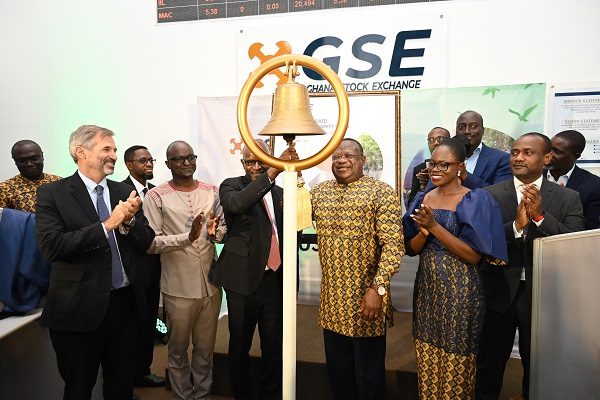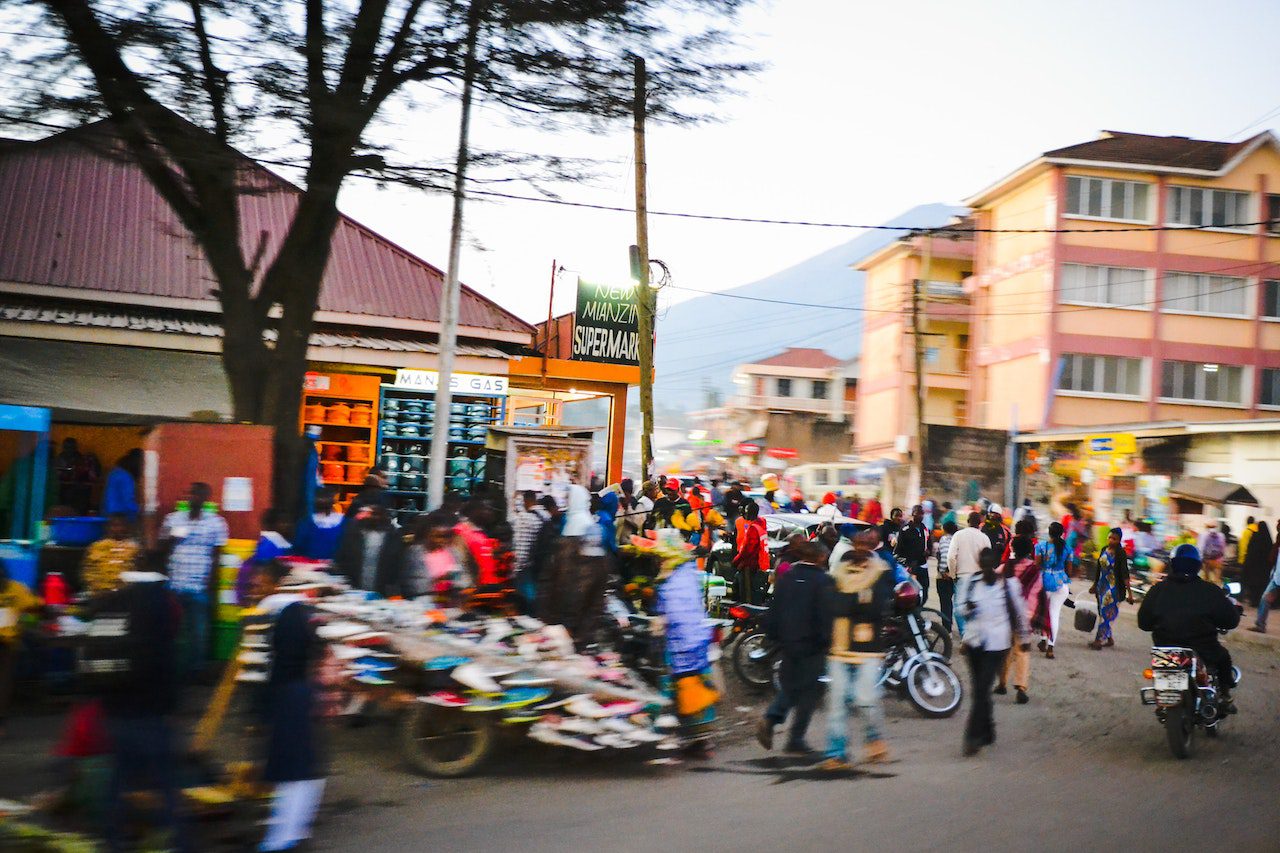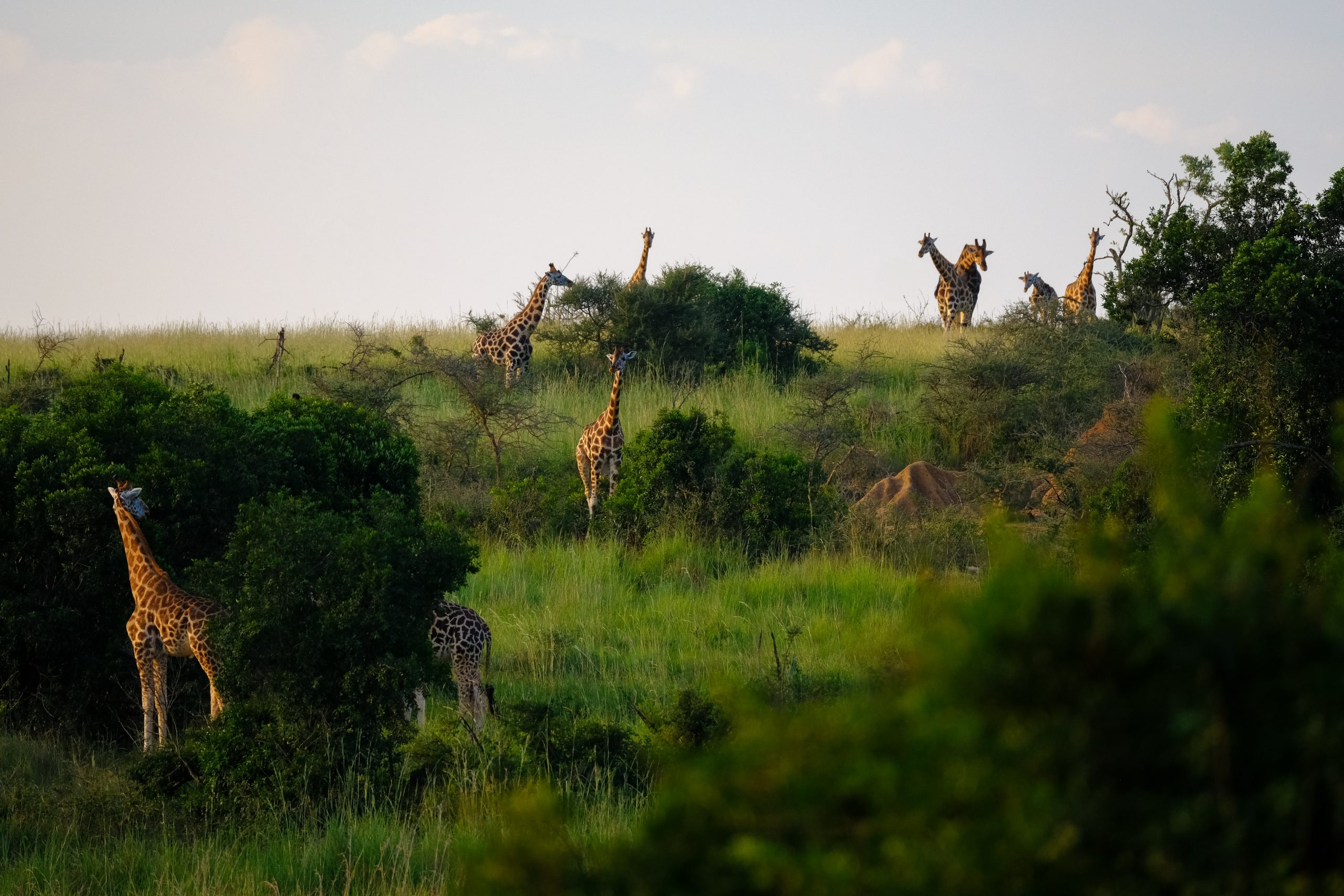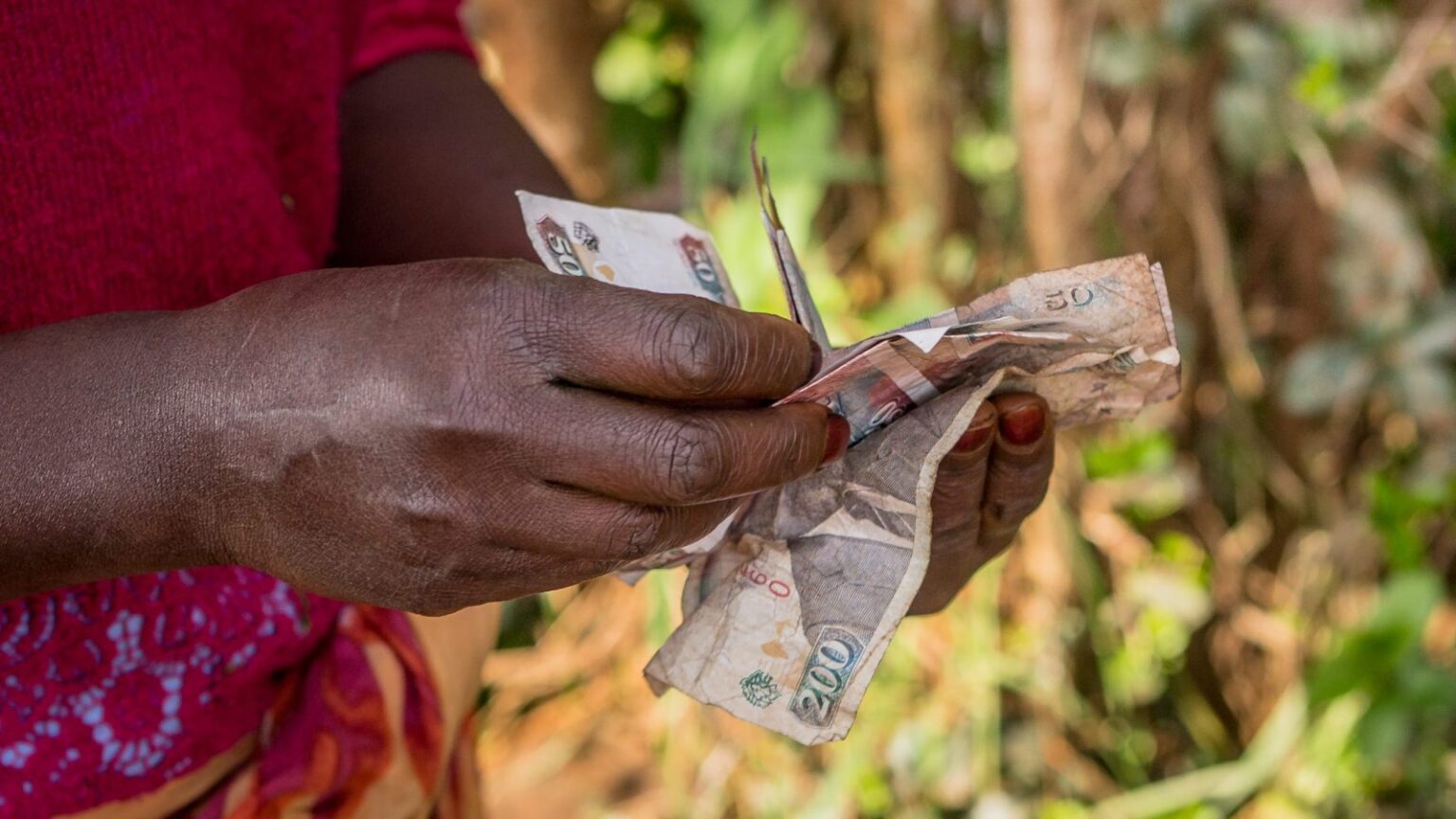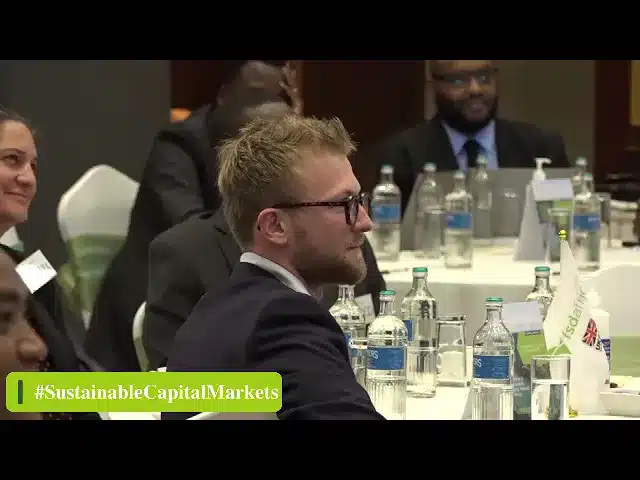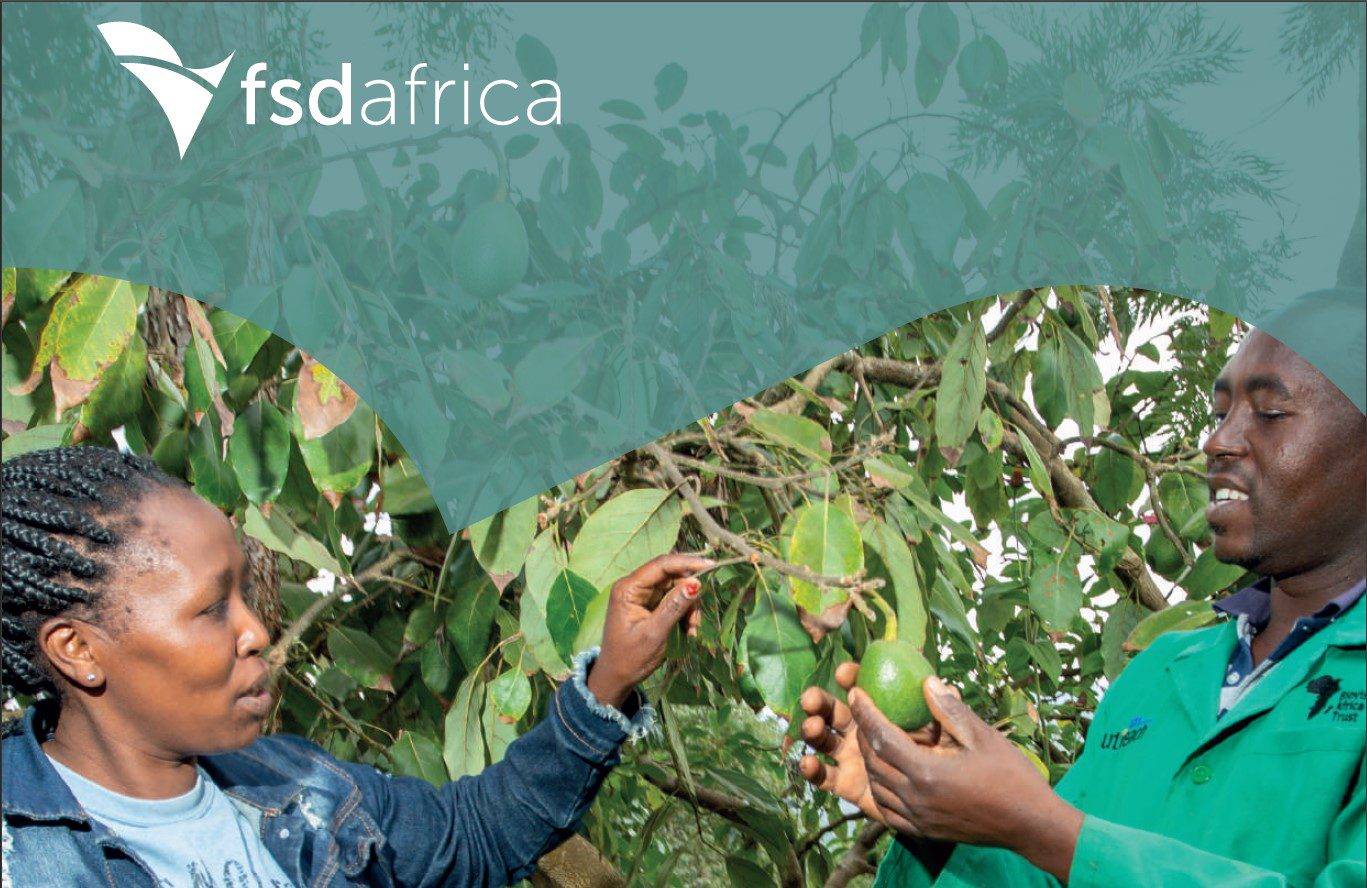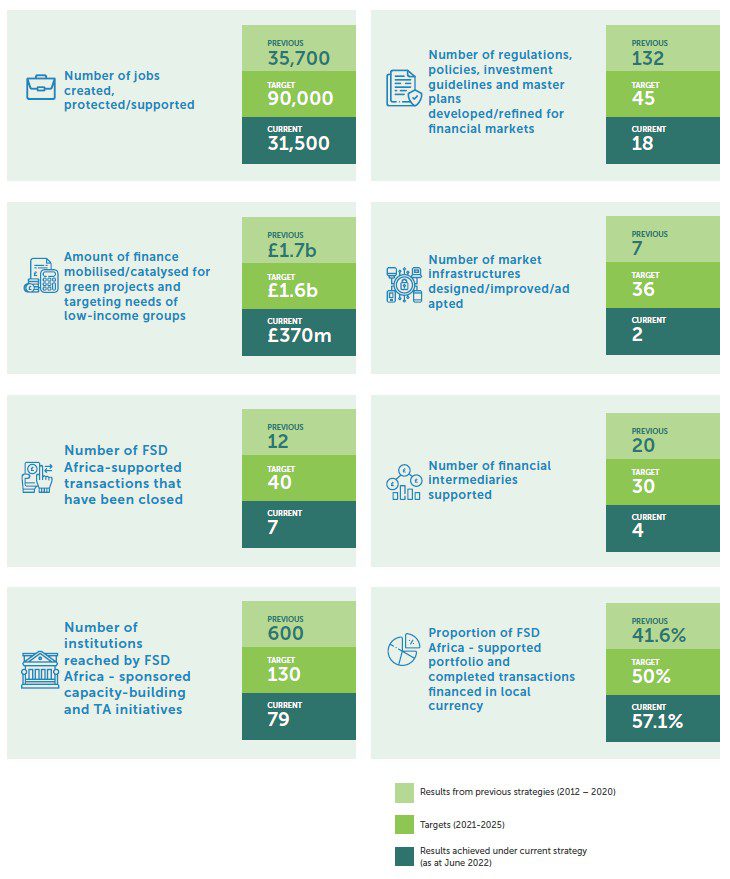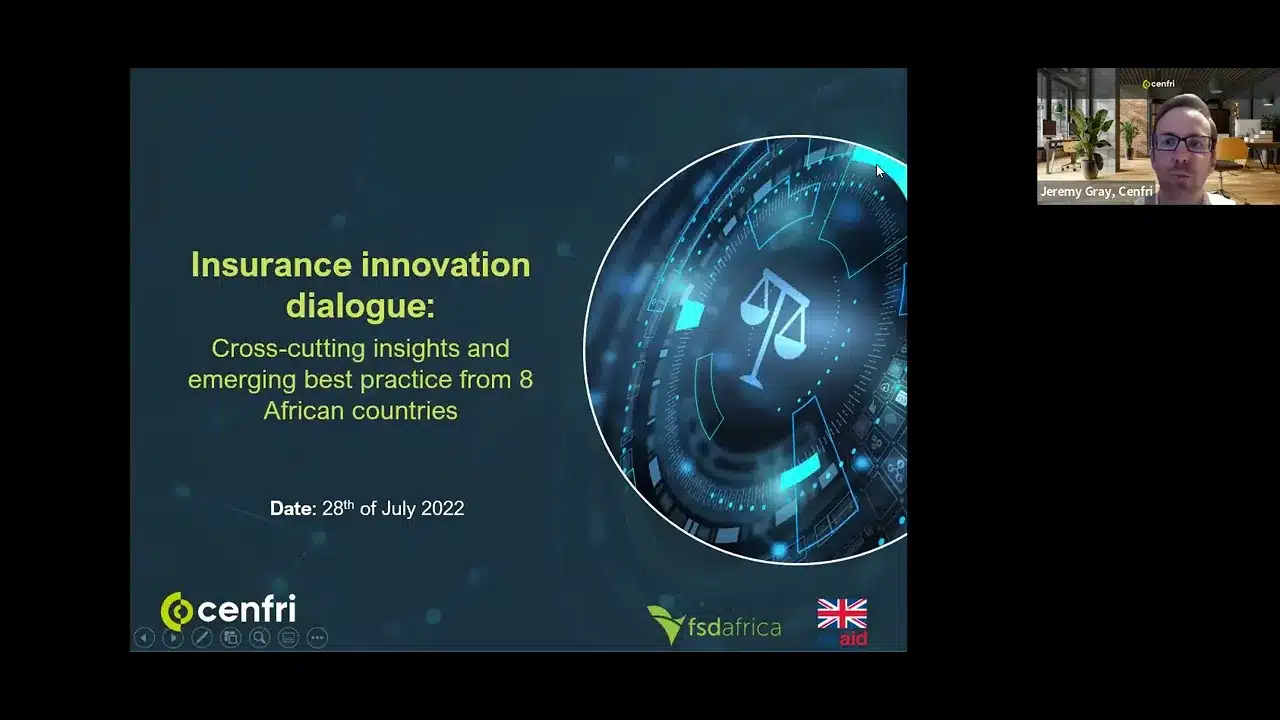As part of programs to mark its 32nd anniversary, the Ghana Stock Exchange (GSE) in collaboration with its regulator, the Securities and Exchange, launched the new Green and Sustainable Bond Rules to guide the listing and trading of green and sustainable bonds on the Ghanaian market.
This year’s anniversary was under the theme “Investing into a Green and Sustainable Future’.
Green Bonds are bonds that support new or existing projects that generate climate or other environmental benefits that conform to Green Guidelines and Standards while Sustainable bonds support new or existing projects that generate both environmental and social benefits that conform to the Sustainability Guidelines.
The first Green Bond was issued in 2007 by the European Investment Bank under the label Climate Awareness Bond. Due to the role the finance sector plays in allocating capital efficiently, it remains a key channel for economies all over the world to make a real impact. As such, the best way to combat climate change while still making a profit is through the financial market.
In his remarks, the keynote speaker for the event, Mr. Aliou Maiga, IFC’s Regional Industry Director for the Financial Institutions Group in Africa said, “I commend Ghana and the Ghana Stock Exchange for showing leadership in green and sustainability finance. Climate financing is not only a development imperative but also a significant market opportunity.
IFC is committed to working with Ghana’s stakeholders to facilitate investments that reduce greenhouse gas emissions and support climate change adaptation.”
Speaking at the event, the Director General of the Securities and Exchange Commission stated that “Investing in green and sustainable future is both well timed and opportune.
Sustainability is a broader topic that stands on social human, economic and environmental pillars, none of which can be ignored. It is the most pressing challenge of our time for many business leaders. However, there is evidence of a correlation between the long-term success of a business and sustainability. Investors across the world are demanding opportunities to invest in companies or investments with strong ESG markets.”
Delivering his goodwill message at the event, the Senior Financial Markets Specialist at FSD Africa, Victor Nkiiri hinted that “At Financial Sector Deepening Africa (FSD Africa), we see the development of capital markets to an end, to increase income and job creation, access to basic services and building of sustainable futures. Deep liquid markets are fundamental to economic growth because they help channel longer-term domestic savings of an economy to the most productive use.”
In his remarks, the Managing Director of GSE, Ekow Afedzie said, “Green and Sustainable bonds have gained traction globally due to the enormous benefits it brings to the environment and society at large.” GSE has been very committed to sustainability initiatives over the past years culminating in our recent admission to the UN Sustainable Exchanges in July.
The launch of ESG Disclosure Manual Guidelines in November this year is another testament to our commitment to this sustainability journey. The launching of Green and Sustainable bond rules today is another milestone on our sustainability journey. Listed companies in Ghana now can tap into these fast-growing bond investment products to raise capital that can be used in supporting ESG initiatives.
Read original article
